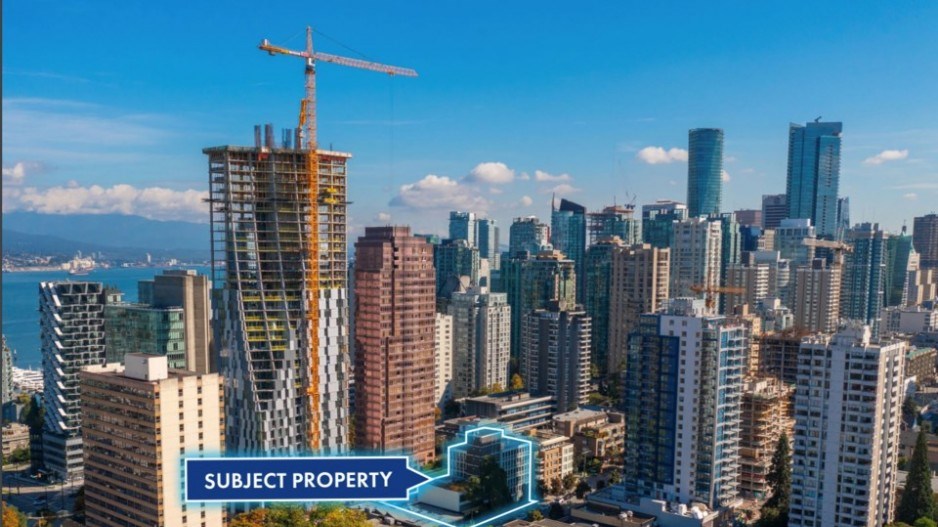The office vacancy rate in downtown Vancouver is now 11.1 per cent, the first time it has hit double-digits in 20 years, according to Avison Young, and much of the empty space is in older office towers.
But unlike in Calgary and many U.S. cities, there is no appetite in Vancouver to demolish or repurpose the B and C class buildings that make up more than half of the vacant space in the city.
Of the two million square feet now vacant downtown, 1.1 million is in B and C class buildings, and there is a further 300,000 square feet of such empty offices in both the Broadway Corridor and Yaletown, where up to 28 per cent of older buildings are vacant.
Vancouver is different than most big markets, said Glen Gardner, an office leasing specialists and principal with Avison Young Vancouver, which released its Metro Vancouver Office Report for Q1 2023 on April 3.
“I don’t see anyone looking to demolish B or C class buildings in downtown Vancouver,” Gardner said. “If anything, office developers would be looking to put them into their portfolios as long-term development sites.”
As an example, Gardner pointed to 1090 West Pender, Vancouver, which was once a small C-class office buildings and is now being developed into a 32-storey, 500,000-square-foot Bentall office tower.
A more recent example is a low-rise office building at 1525 Robson Street on small 16,338-square foot (0.37-acre) lot that sold as a development site in January for $63 million. Like many older Vancouver office buildings, it offers steady income with high-density potential, according to Fraser Elliott, the agency that sold it.
Calgary is a near-mirror opposite.
The City of Calgary is offering incentives to demolish or convert up to six million square feet of excess office towers in the downtown, where the vacancy rate is 28 per cent. A recent study by Cushman Wakefield estimates that, across North America, there is 4.5 billion square feet of obsolete office space that will likely be torn down.
But Calgary and major U.S. cities have tenants with huge space requirements, often demanding complete office towers, Gardner explained, while Vancouver’s office environment is made up mostly of smaller tenancies, which are a quicker and easier to fill.
The currently higher vacancy rates in Vancouver offers more than an opportunity for developers, he added; it also provides tenants with potential cost breaks in a city with an average lease rate of $42.74 per square foot, the highest in Canada.
“There is now downward pressure on office lease rates,” Gardner said, who added Vancouver landlords are also offering more generous improvement allowances than 12 or 18 months ago,
The lease reductions are not only in B and C class properties. There is even downtown space available in Class AAA buildings, which currently have 850,000 square feet empty in the shiny new downtown towers.




